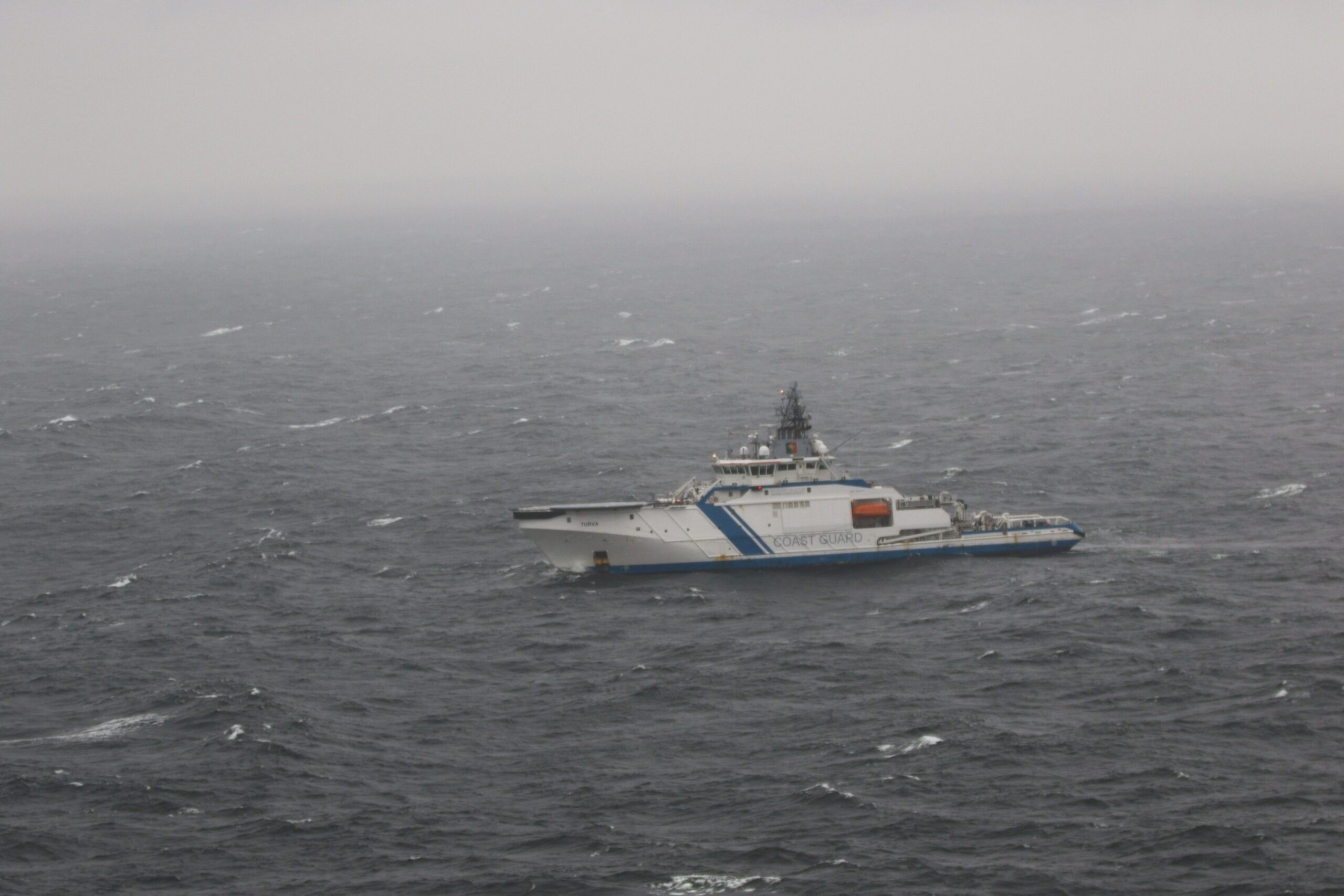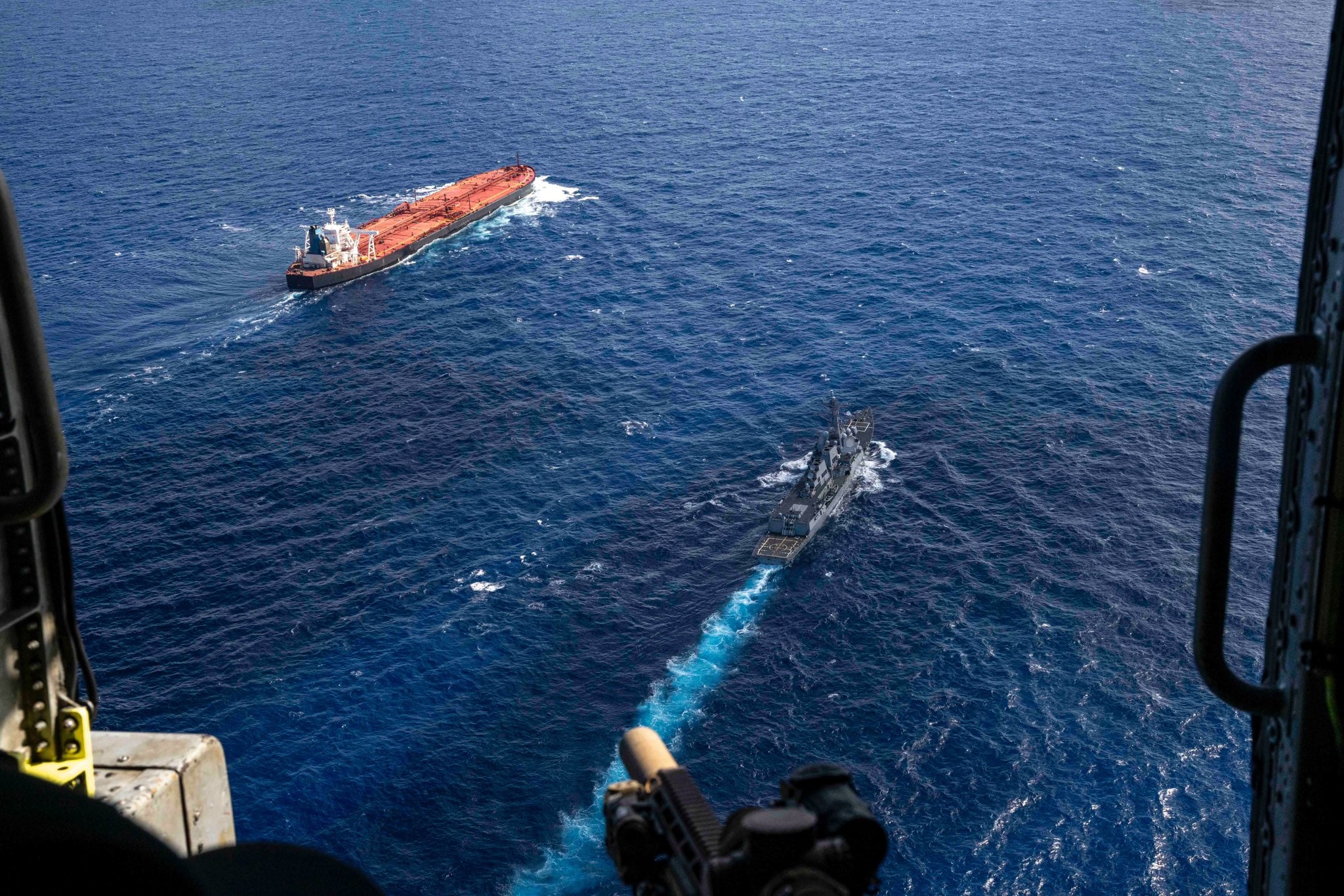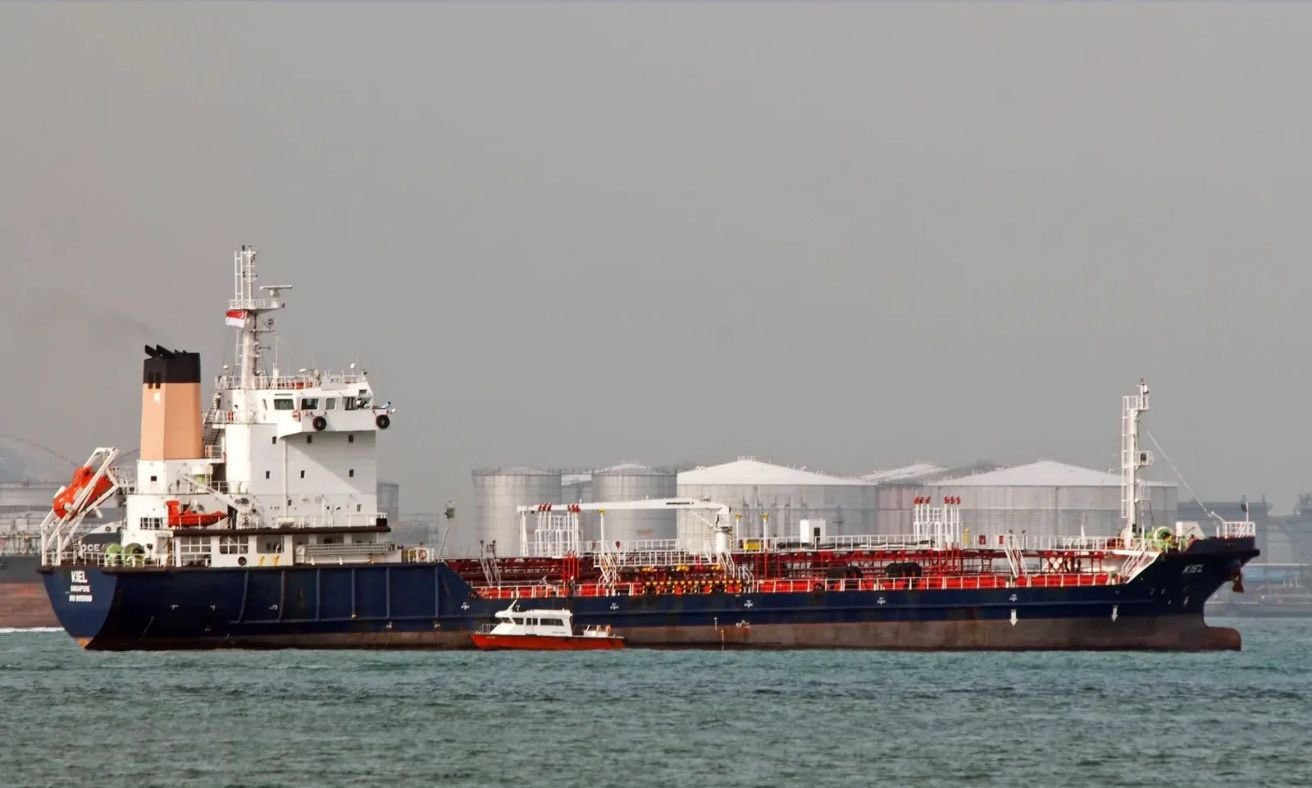HELSINKI, Oct 31 (Reuters) – Finland’s Coast Guard said it has detected constant disturbances to satellite navigation signals in the Baltic Sea since April and in recent weeks has seen tankers spoofing their location data to cover up visits to Russia.
Last week, Finland’s interior minister Lulu Ranne said Finland believes Russia is behind disturbances detected in Finland and the Baltic Sea region in the Global Navigation Satellite System (GNSS) and Global Positioning System (GPS) signals used in navigation.
The Coast Guard said the GNSS jamming, which it has detected increasingly since April in the Gulf of Finland, has led to ships getting lost at sea or losing their course. Finnish authorities have had to alert ships to stop them getting close to islands or shallow waters.
The Coast Guard said the disturbances have led to malfunctions in vessels’ Automatic Identification Systems (AIS), which enable electronic navigation.
“In recent weeks, we have also observed that (AIS) devices have been intentionally turned off, and thus the location information has been spoofed in online location systems…so that an incorrect location is shown for the vessel,” commander Pekka Niittyla of the Gulf of Finland Coast Guard told Reuters.
Russia has previously denied interfering with communication and satellite networks.
Niittyla said the spoofing was a new phenomenon that the Coast Guard has detected around ten times so far by different tankers visiting Russian ports around St Petersburg.
“Based on our assessment, this is related to the evasion of sanctions or their consequences,” he said.
Western nations have imposed a price cap on Russian seaborne crude oil to reduce Moscow’s income from selling oil after its February 2022 invasion of Ukraine.
“If a country buying Russian oil does not want to see that the oil was purchased from Russia, the seller or vessel might use spoofing to make it seem like the vessel had not visited Russia,” Niittyla said.
The Coast Guard said it believes Russia is jamming the signals to protect its oil ports located in the eastern end of the Gulf of Finland from Ukrainian air strikes or drones.
Niittyla said Finnish authorities are monitoring Russia’s growing armada of aging tankers, often referred to as the “shadow fleet,” fearing their poor condition could lead to an oil spill that would devastate the fragile Baltic Sea ecosystem.
The lack of navigation signals and unidentified oil tankers sailing in the shallow and relatively narrow Baltic sea routes pose a threat to maritime security and the environment, he said.
Dark and often stormy or icy winter conditions that are approaching exacerbate the risks, he added.
(Reporting by Anne Kauranen in Helsinki; Editing by Ros Russell)
(c) Copyright Thomson Reuters 2024.
Editorial Standards · Corrections · About gCaptain
This article contains reporting from Reuters, published under license.

 Join The Club
Join The Club












